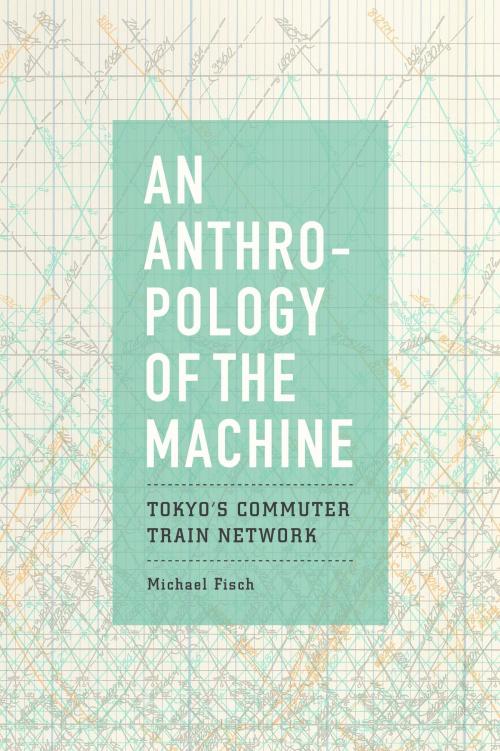An Anthropology of the Machine
Tokyo's Commuter Train Network
Nonfiction, Science & Nature, Technology, Social Aspects, Social & Cultural Studies, Social Science, Anthropology| Author: | Michael Fisch | ISBN: | 9780226558691 |
| Publisher: | University of Chicago Press | Publication: | June 19, 2018 |
| Imprint: | University of Chicago Press | Language: | English |
| Author: | Michael Fisch |
| ISBN: | 9780226558691 |
| Publisher: | University of Chicago Press |
| Publication: | June 19, 2018 |
| Imprint: | University of Chicago Press |
| Language: | English |
With its infamously packed cars and disciplined commuters, Tokyo’s commuter train network is one of the most complex technical infrastructures on Earth. In An Anthropology of the Machine, Michael Fisch provides a nuanced perspective on how Tokyo’s commuter train network embodies the lived realities of technology in our modern world. Drawing on his fine-grained knowledge of transportation, work, and everyday life in Tokyo, Fisch shows how fitting into a system that operates on the extreme edge of sustainability can take a physical and emotional toll on a community while also creating a collective way of life—one with unique limitations and possibilities.
An Anthropology of the Machine is a creative ethnographic study of the culture, history, and experience of commuting in Tokyo. At the same time, it is a theoretically ambitious attempt to think through our very relationship with technology and our possible ecological futures. Fisch provides an unblinking glimpse into what it might be like to inhabit a future in which more and more of our infrastructure—and the planet itself—will have to operate beyond capacity to accommodate our ever-growing population.
With its infamously packed cars and disciplined commuters, Tokyo’s commuter train network is one of the most complex technical infrastructures on Earth. In An Anthropology of the Machine, Michael Fisch provides a nuanced perspective on how Tokyo’s commuter train network embodies the lived realities of technology in our modern world. Drawing on his fine-grained knowledge of transportation, work, and everyday life in Tokyo, Fisch shows how fitting into a system that operates on the extreme edge of sustainability can take a physical and emotional toll on a community while also creating a collective way of life—one with unique limitations and possibilities.
An Anthropology of the Machine is a creative ethnographic study of the culture, history, and experience of commuting in Tokyo. At the same time, it is a theoretically ambitious attempt to think through our very relationship with technology and our possible ecological futures. Fisch provides an unblinking glimpse into what it might be like to inhabit a future in which more and more of our infrastructure—and the planet itself—will have to operate beyond capacity to accommodate our ever-growing population.















